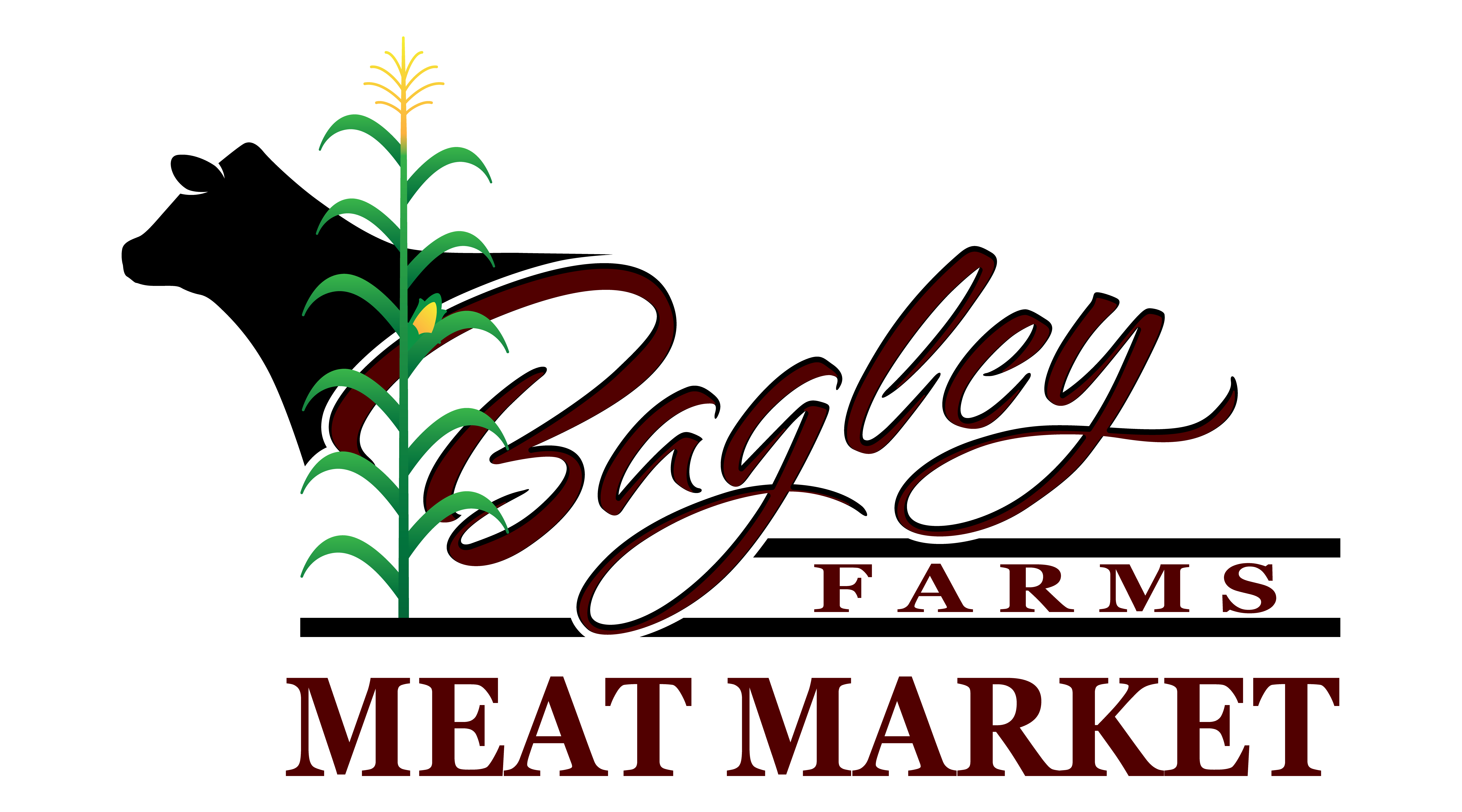Bagley Meat Market Edwardsville IL – Offering Fresh, Locally-Sourced Meat Options
Bagley Meat Market Edwardsville IL – Offering Fresh, Locally-Sourced Meat Options
Blog Article
Why Shopping at a Neighborhood Meat Market Guarantees Fresh, High-Quality Cuts
Buying at a regional meat market uses distinct advantages that often go unnoticed by customers accustomed to bigger retail chains. The implications of selecting local prolong past immediate benefits, motivating a more detailed examination of what this option absolutely implies for both consumers and the regional economic climate.
Benefits of Neighborhood Sourcing
In the world of food procurement, the benefits of neighborhood sourcing stand apart prominently. By purchasing meat from neighborhood markets, customers acquire straight accessibility to items that are often fresher and more savory than those found in larger, business supermarkets. Neighborhood sourcing decreases the moment and range food takes a trip from farm to table, which not only boosts preference yet also preserves dietary worth.

Additionally, regional sourcing frequently offers transparency relating to the beginnings of the meat. Consumers can make inquiries regarding the farming practices used, pet well-being requirements, and whether the meat is grass-fed or natural. This details empowers customers to make enlightened decisions aligned with their worths.
Quality Assurance Requirements
Regional meat markets often follow extensive top quality control criteria that ensure the items used meet high safety and security and freshness benchmarks. These criteria commonly incorporate different stages of the meat production process, from sourcing to managing and storage space.
First, regional markets commonly develop rigorous supplier criteria, making sure that just reputable ranches and producers are made use of - bagley meat market edwardsville il. This reduces the likelihood of contamination and advertises greater animal welfare requirements. In addition, numerous regional meat markets execute routine inspections to confirm that the meat is processed under hygienic conditions, better minimizing health risks
Temperature level control is another essential facet of quality control. Regional meat markets regularly keep track of refrigeration systems to keep optimum storage temperatures, making certain that meat continues to be fresh and safe for consumption. The implementation of traceability systems allows markets to track the origin of their products, giving transparency and responsibility.
Finally, personnel at regional meat markets are frequently educated to acknowledge signs of putridity and comprehend proper handling techniques. This commitment to quality control not only boosts the overall requirement of the meat yet likewise promotes consumer trust, making local meat markets a dependable source for premium cuts.
Supporting Local Farmers
Sustaining neighborhood farmers is important for fostering a sustainable food system and boosting area durability. They straight contribute to the source of incomes of farmers in their area when consumers select to go shopping at local meat markets. This not just sustains the regional economic situation yet likewise strengthens the agricultural field, ensuring that it stays practical and dynamic.


Moreover, supporting neighborhood farmers promotes a feeling of community and link in between customers and producers. It encourages openness in food sourcing and instills trust, as consumers can create relationships with the people that elevate their food. This direct link eventually causes an extra engaged and educated public, which is essential for promoting for lasting farming practices in the future.
Lasting Practices
Lasting practices in meat markets play a critical duty in promoting environmental stewardship and ensuring pet welfare. Regional meat markets usually prioritize sourcing their products from ranches that implement honest and sustainable farming methods. These techniques include rotational grazing, which assists preserve dirt health and wellness and lowers carbon exhausts, together with lessening the use of prescription antibiotics and hormonal agents in animals.
Furthermore, neighborhood meat markets usually highlight transparency in their supply chains. Customers are provided with info concerning the origin of their meat, permitting them to make informed selections that align with their worths. By great post to read sustaining local farmers that practice sustainable techniques, consumers contribute to the conservation of biodiversity and the reduction of transport emissions connected with long-distance meat distribution.
Additionally, numerous local meat markets take part in waste reduction techniques, such as making use of every part of the pet and advertising off-cuts that may otherwise go unsold. By cultivating a more lasting method to meat usage, these markets not just give top notch items however also add positively to the environment and animal well-being. Fundamentally, buying at a neighborhood meat market straightens customers with a broader movement towards responsible and ethical food sourcing.
Customized Client Service
Purchasing at a meat market frequently encompasses greater than simply the items supplied; it is also about the experience and the partnerships built between customers and staff. Individualized client service is a characteristic of local meat markets, establishing them aside from bigger grocery chains. Educated team take the time to understand specific consumer choices, making certain that each visit is tailored to certain requirements.
Consumers benefit from experienced suggestions on cuts, cooking techniques, and prep work ideas, fostering a top article sense of count on and loyalty. This tailored interaction permits customers to ask inquiries and seek recommendations, resulting in educated buying decisions. Personnel usually remember regular clients and their preferences, producing a welcoming atmosphere that cultivates area connections.
Moreover, customized solution includes unique requests, such as customized cuts or details prep work techniques, which bigger retailers might not suit. This level of attention reinforces the commitment of local meat markets to high quality and customer fulfillment.
Basically, customized customer care not only enhances the buying experience but additionally guarantees that clients entrust the most effective items suited to their cooking requirements, making every check out a satisfying one.
Verdict
Finally, buying at a neighborhood meat market supplies many advantages, including premium quality and high quality as a result of reduced traveling times. Rigid top quality control measures boost transparency and make certain high criteria for items. Sustaining regional farmers promotes neighborhood relationships and strengthens the local economy, while lasting methods add to environmental stewardship. In addition, customized client service enhances the buying experience, making regional meat markets a recommended choice for customers looking for both high quality and moral factors to consider in their food sourcing.
The ramifications of selecting neighborhood prolong beyond prompt benefits, triggering a closer examination of what this option genuinely means for both customers and the neighborhood economic climate.
Supporting regional meat markets additionally contributes to the neighborhood economic climate. Regional meat markets regularly monitor refrigeration systems to preserve ideal storage temperature levels, ensuring that meat continues to be risk-free and fresh for intake.Neighborhood farmers are typically extra attuned to the details demands of their neighborhoods, expanding crops and increasing livestock that align with neighborhood preferences and preferences. Sustaining regional farmers promotes community relationships and reinforces the regional economy, while sustainable techniques contribute to environmental stewardship.
Report this page